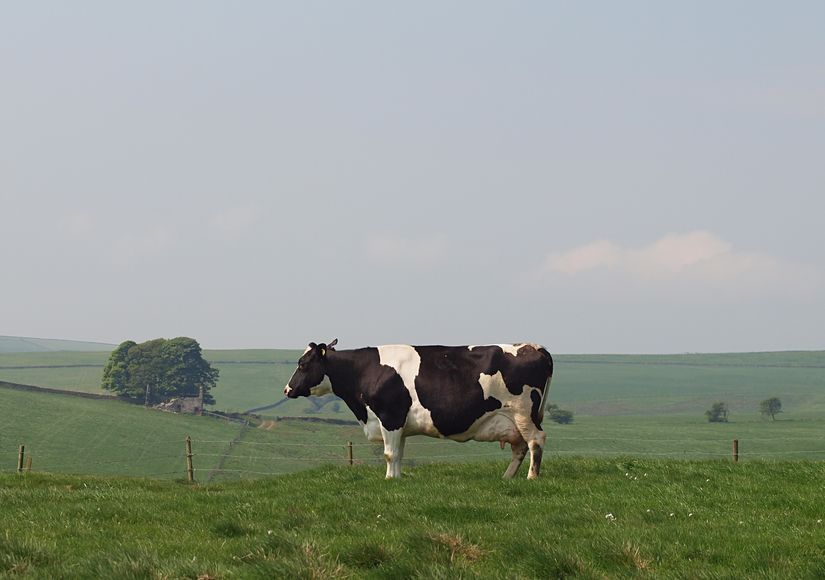
Researchers have mapped regions in the cow genetic makeup linked with resilience to bovine TB, a new study shows.
Scientists have found active and inactive genes in specialised lung immune cells, which play a key role in countering bTB infections.
In order to infect cattle, bTB bacteria modify gene activity in the cells’ chromosomes – packages of genetic material – the scientists found.
Studies aiming to improve cattle genetics and resistance to bTB could benefit from these findings, led by scientists at University College Dublin (UCD) in collaboration with the Roslin Institute.
Key lung cells, called alveolar macrophages, are the first immune cells to encounter the bacteria that causes bovine TB during infection.
In order to map which genes in these cells are active or altered during infection, the team investigated all the chemical changes in the chromosomes of infected macrophages.
During infection, the bacteria modify gene activity in macrophages to facilitate their survival inside these cells.
Bovine TB is caused by infection with Mycobacterium bovis, which can also cause disease in other mammals, including humans.
The disease is a threat to both livestock and people, causing up to US$3 billion loss to agriculture each year.
Professor David MacHugh, of UCD, said: “Our study will help to significantly narrow down the genomic regions of interest for breeding programmes to enhance the resilience of cattle to this important disease.”
Dr Douglas Vernimmen, of the Roslin Institute, added: “Bovine TB is a complex disease that is a threat to both livestock and humans and which has been difficult to control in many countries.
“We have used epigenomics to map regulatory elements in infected cells. Our findings highlight the importance of collaborating with international partners.”
The research work was funded by Science Foundation Ireland (SFI) and by the European Union through the international Functional Annotation of Animal Genomes (FAANG) Initiative.
